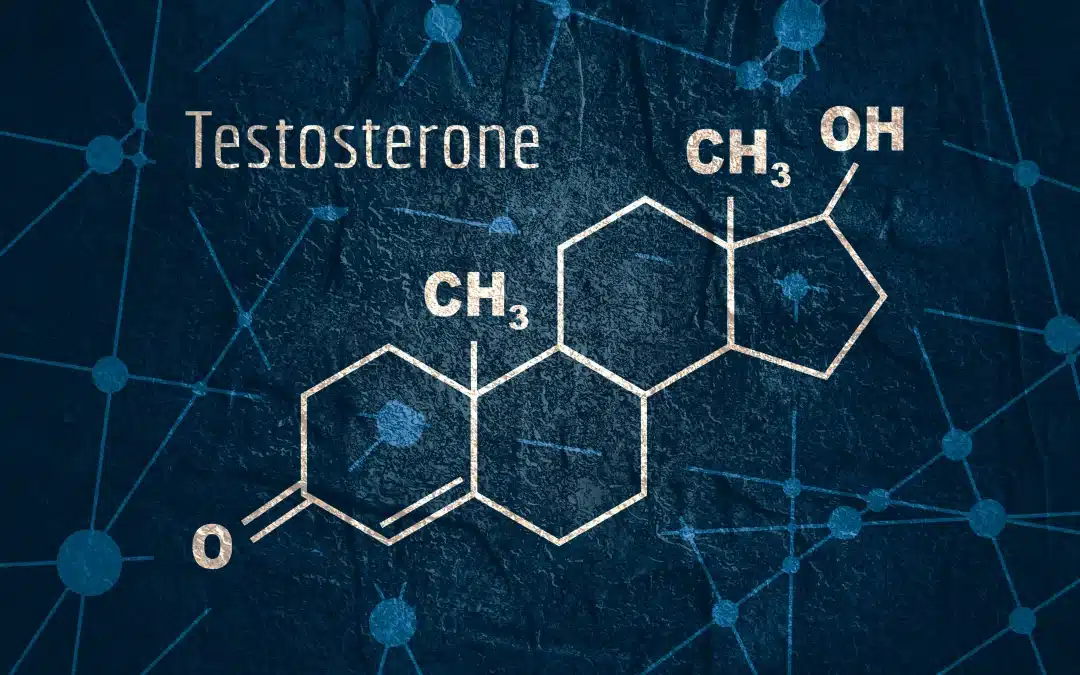The expression “leaky gut” is getting a lot of attention in medical blogs and social media lately, but don’t be surprised if your doctor does not recognize this term as it is still considered a hypothetical condition by many practitioners. However, the symptoms are very real for many people. In order to figure out how to fix a leaky gut we need to get an understanding of what a leaky gut and leaky gut syndrome are and what can cause them.
What is a Leaky Gut?
Leaky gut, also called increased intestinal permeability, is somewhat new and most of the research occurs in basic sciences. Everyone’s guts are semi-permeable. The mucous lining of our intestines is designed to absorb water and nutrients from our food into our bloodstream. But some people have increased intestinal permeability or hyperpermeability. That means their guts let more than water and nutrients through, they “leak”. Because of this, there is growing interest to develop medications and treatments that may be used in patients to combat the symptoms of a leaky gut.
What is “Leaky Gut Syndrome”?
Leaky gut syndrome is a theory that intestinal permeability is not only a symptom of gastrointestinal disease but an underlying cause that develops independently. Intestinal permeability is a term describing the control of material passing from inside the gastrointestinal tract through the cells lining the gut wall, into the rest of the body. If your intestinal barrier is impaired and the permeability increases, it may be letting toxins into your bloodstream. These toxins may trigger an inflammatory response that may manifest as various symptoms and diseases.
The theory has some appeal as a way of explaining various conditions that we haven’t been able to fully explain yet, but the evidence is lacking. We know that the condition of having increased intestinal permeability, or a “leaky gut” is real, but we don’t know that it’s a disease in itself, or that it causes other diseases. It’s not currently a recognized medical diagnosis.
What are Potential Causes a Leaky Gut?
Inside our bellies, we have an extensive intestinal lining covering more than 4,000 square feet of surface area. When working properly, it forms a tight barrier that controls what gets absorbed into the bloodstream. An unhealthy gut lining may have large cracks or holes, allowing partially digested food, toxins, and bugs to penetrate the tissues beneath it. This may trigger inflammation and changes in the gut microbiome (normal bacteria) that could lead to problems within the digestive tract and beyond. There are studies showing that modifications in the intestinal bacteria and inflammation may play a role in the development of several common chronic diseases.
DNA
We all have some degree of leaky gut, as this barrier is not completely impenetrable (and isn’t supposed to be!). Some of us may have a genetic predisposition and may be more sensitive to changes in the digestive system, but our DNA is not the only one to blame. The known causes of increased intestinal permeability also involve systematic erosion of the intestinal lining. This is not a simple feat. Your intestinal lining has many layers of defense. And while it can be injured temporarily, it is designed to constantly repair and replenish itself. To wear it down enough to penetrate the lining requires a significant assault. Modern life may actually be the main driver of this by triggering gut inflammation.
American Diet
There is emerging evidence that the standard American diet, which is low in fiber and high in sugar and saturated fats, may initiate this process. In addition, other persistent assaults on our gut like chronic disease, chronic stress, chronic drug use or alcohol abuse or radiation therapy are also potential causes.
Effects on the body
We already know that increased intestinal permeability plays a role in certain gastrointestinal conditions such as celiac disease, Crohn’s disease, and irritable bowel syndrome (IBD). The biggest question is whether or not a leaky gut may cause problems elsewhere in the body. Some studies show that leaky gut may be associated with other autoimmune diseases (lupus, type 1 diabetes, multiple sclerosis), chronic fatigue syndrome, fibromyalgia, arthritis, allergies, asthma, acne, obesity, and even mental illness. However, we do not yet have clinical studies in humans showing such a cause and effect.
How Can a Leaky Gut be Improved?
So, how do we fix a leaky gut? The only known method to fix a leaky gut is to treat the underlying condition that causes it. Specific treatments for IBD, celiac disease and others associated with intestinal permeability have been shown to repair the intestinal lining in those who were affected. On the other hand, treatments that target the intestinal lining independently have not been shown to improve these diseases or prevent intestinal permeability from recurring.
Diet Changes
Although it is unusual to hear the term “increased intestinal permeability” in most doctors’ offices, alternative and integrative medicine practitioners have worked on gut healing as an initial step to treat chronic diseases for decades. Other cultures around the world often recommend specific diets to make people feel better. Even in the United States, it is common to see people changing their diets after getting sick. A common initial step some practitioners take is to remove foods that can be inflammatory and could promote changes in the gut flora. Among the most common are alcohol, processed foods, certain medications, and any foods that may cause allergies or sensitivities.
Controversy still exists on whether leaky gut causes the development of diseases outside the gastrointestinal tract in humans. However, it is always a good idea to eat a nutritious, unprocessed diet that includes foods that help quell inflammation (and avoids foods known to trigger inflammation), which may, at least in theory, help to rebuild the gut lining, bring more balance to the gut flora and fix the symptoms of a leaky gut. This recipe could make you feel better, without any side effects.
References:
- https://www.health.harvard.edu/blog/leaky-gut-what-is-it-and-what-does-it-mean-for-you-2017092212451
- https://www.frontiersin.org/articles/10.3389/fimmu.2017.00598/full Frontiers in Immunology, May 2017.
- https://www.nature.com/articles/nrgastro.2016.169 Nature Reviews Gastroenterology & Hepatology, November 2016.
- https://my.clevelandclinic.org/health/diseases/22724-leaky-gut-syndrome
- Bischoff SC, Barbara G, Buurman W, et al. Intestinal permeability—a new target for disease prevention and therapy. (https://www.ncbi.nlm.nih.gov/pmc/articles/PMC4253991/) BMC Gastroenterol. 2014;14:189. Published 2014 Nov 18.
- Camilleri M. Leaky gut: mechanisms, measurement and clinical implications in humans. (https://www.ncbi.nlm.nih.gov/pmc/articles/PMC6790068/) Gut. 2019;68(8):1516-1526.
- Vanuytsel T, Tack J, Farre R. The Role of Intestinal Permeability in Gastrointestinal Disorders and Current Methods of Evaluation. (https://www.ncbi.nlm.nih.gov/pmc/articles/PMC8427160/) Front Nutr. 2021;8:717925. Published 2021 Aug 26.








